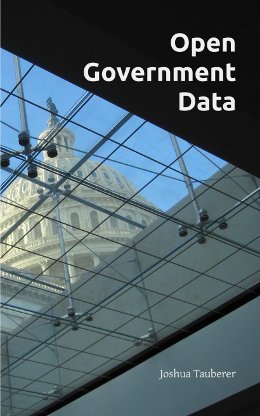Paradoxes in Open Government
In The Matrix, Keanu Reeves’ character faces an early choice. If he swallows the red pill, he would become Neo and see the troubled world for what it really is. But if he takes the blue pill, he would return to a life of ignorant bliss as Mr. Thomas Anderson. At first his decision to see the harsh reality is celebrated by the audience. And yet by the end of the trilogy we’ve learned that the choice was a set-up all along orchestrated by the machine in control of the universe. Knowledge has unexpected consequences. (Belated spoiler alert.)
The type of government data I’ve discussed throughout this book isn’t dangerous in the way that military secrets or private, personal information could cause physical harm to individuals. But it is the type of information that can lead to widespread systematic changes. Teaching the public how government works, uncovering corruption, and promoting policy changes such as public financing of elections can lead to broad changes that affect many aspects of society.
The first part of this chapter could be called the Heisenberg Uncertainty Principle of Transparency. Observations can alter and even cast a shadow on the very events we are trying to shed light on. Politicians may alter their behavior to game the statistics computed by transparency advocates and journalists. And when we enhance disclosure laws, they will take their encounters with lobbyists into less formal environments. These aren’t obstacles that can be overcome by regulation. That’s why I call them a paradox. As soon as new transparency rules are enacted, the events they meant to uncover are no longer visible to that spotlight. Transparency in some cases is impossible, and in rare cases can even be detrimental.
The second part of this chapter considers the danger of treating government transparency as merely publishing facts. It is all too easy to pretend things are just as they seem. Governments are incredibly complex systems made up of highly strategic policymakers. Government transparency advocates need to consider the existing system in a thoughtful way before stigmatizing crucial parts of the way government functions.
 Open Government Data: The Book
Open Government Data: The Book